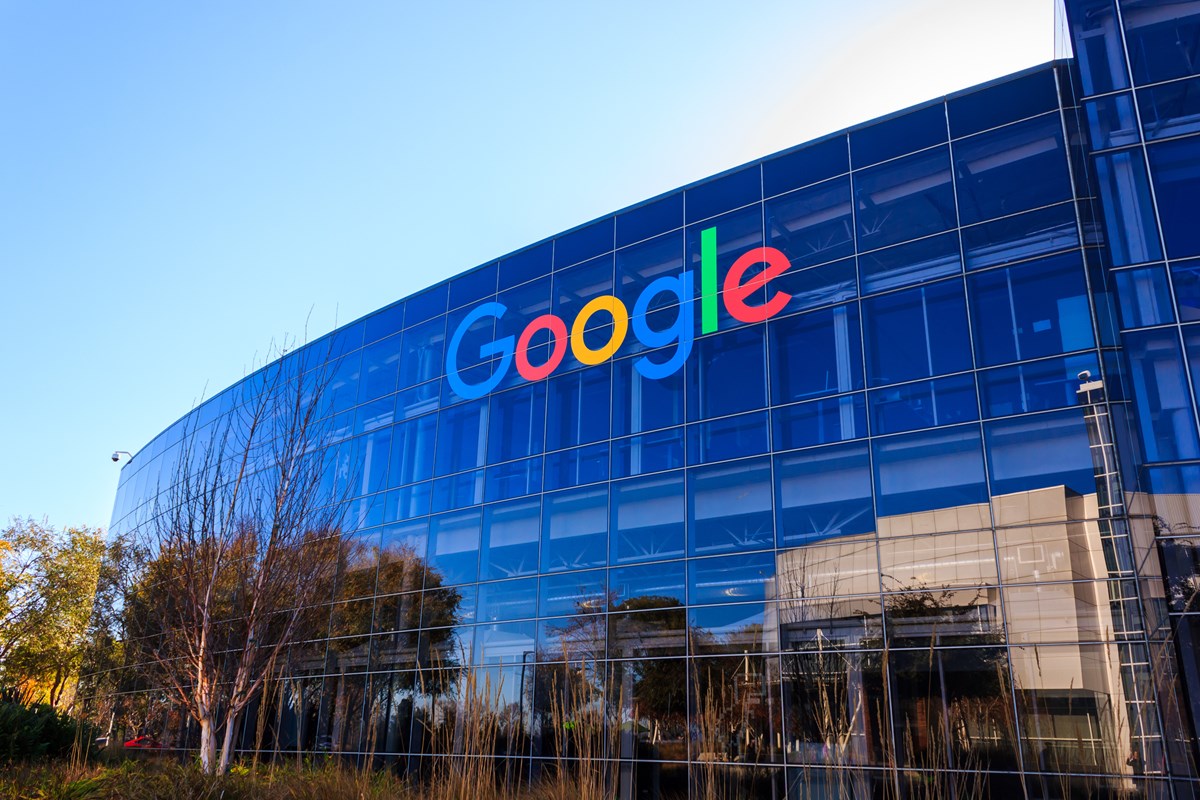During the fallout of the 2007-08 global financial crisis came the notion that some firms are so large and important – regardless of their sometimes-reckless corporate decisions and faulty risk calculations – that they needed to be saved and kept intact by the federal government.
Hence the phrase, “too big to fail.”
In a turn of irony, the government is after big companies again, but today for a different reason: they are too big to succeed. The CEOs of Amazon, Apple, Facebook, and Google are facing antitrust allegations and scrutiny for their supposed market dominance. The four CEOs testified before Congress in July, and now Google is facing an antitrust lawsuit from the Department of Justice (DOJ).
Federal officials may call for regulating the tech companies’ behavior, splitting them up into smaller companies, or perhaps both. Congress and the DOJ are not their only political adversaries either, as the Federal Trade Commission (FTC) and many state attorneys general also are expected to bring investigations.
The question is: to what end?
We all understand the problematic nature of monopolies, which is Economics 101. Monopolies have a greater ability to either control the quantity offered, raise the price, or both. Economists don’t like monopolies because we expect them to result in less innovation and restricted access.
The lessons of economics show us that economies are naturally organic, rather than designed. There is nothing new about antitrust legislation – hauling the big tech companies in front of Congress is not surprising. But what we fail to remember, or perhaps we never learned in the first place, is that these government decisions to “protect” consumers from so-called “monopolies” are unlikely to result in a more competitive marketplace. The decision to regulate or break up big tech firms will be arbitrary, as all government decisions are. Regulation in this sense faces the same problems central economic planning does: chief among them, the mistaken assumption that somehow, bureaucrats know what size firms should be, or that they even know how to make markets more competitive through legislation.
Moreover, decisions to interfere in a functioning marketplace will stifle innovation and raise costs. The heightened costs of doing business will, of course, be passed on to consumers. And this will hurt those in the lowest income quintile the most. Another lesson of unintended consequences is that however well-meaning our intentions, we often hurt the very people we seek to protect through this type of legislation. And Big Tech won’t go down without a fight, so you can expect that they will put every ounce of political and lobbying power to use these regulatory interventions to benefit themselves. Surely, their (and our) time would be better spent in other ways.
We should always be worried about power dynamics. That’s true in every man-made institution, because we humans love power where and when we can get it. But this recognition should open our eyes to see that power is not just a potential problem in business, but also in the halls of Congress, in our churches, and even in our non-profits. As such, we need to seek institutional environments which curb that power.
Think about it: the bureaucrat at the FTC has much more power than Jeff Bezos does. Why? You don’t have to shop on Amazon; you have many alternatives, which helps keep entrepreneurs in check. It’s not that Amazon or Google don’t each have a desire to increase their power, it’s that they have no natural course to obtain it. Economic profit does not equal coercive power. But political institutions are an entirely different matter— they have the power of coercion, and as such, we should be far more worried about how they will use it.
In fact, we should be less worried about how big firms are and far more worried about the political alliances that CEOs desire to make with lawmakers; that is corporate cronyism, and it creates winners and losers. Big is not inherently bad, and in some cases big is better because it affords supply-chain efficiency and allows those big tech giants to pass along lower costs to us.
“Too big to fail” was a mistake because it bailed out incompetent firms during the global financial crisis. Breaking up big firms today would also be a mistake and would lead to higher prices, less innovation, and more cronyism. Innovation through entrepreneurship is the wellspring of economic growth and individual prosperity in this country. Let’s protect that by letting the market work.

